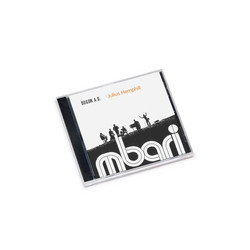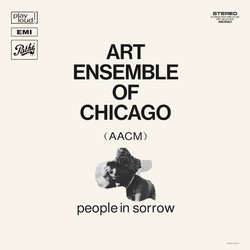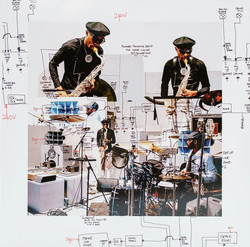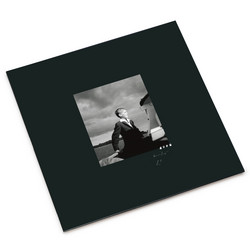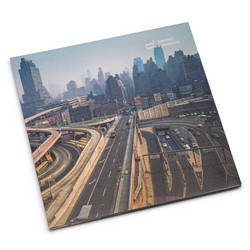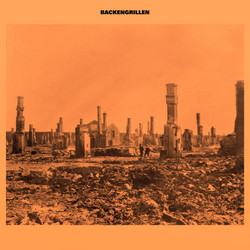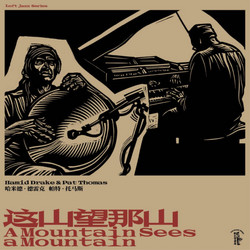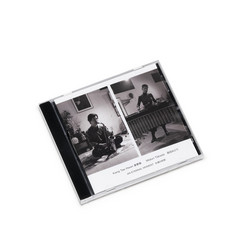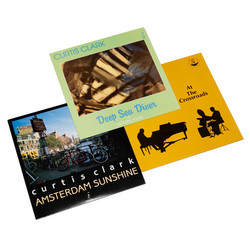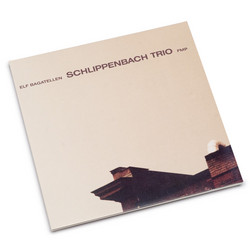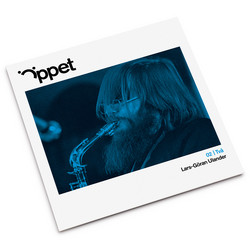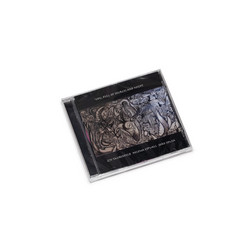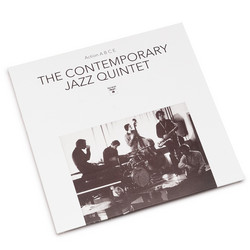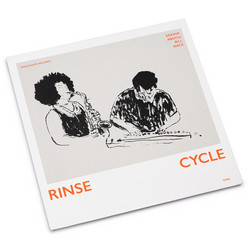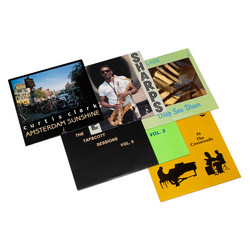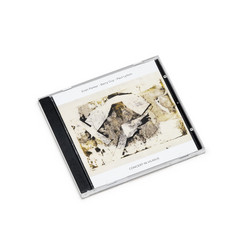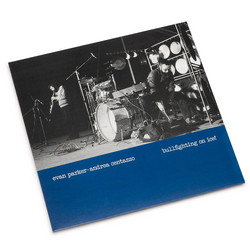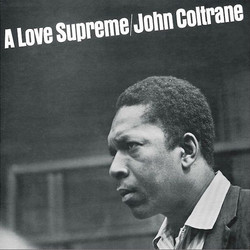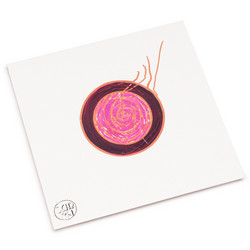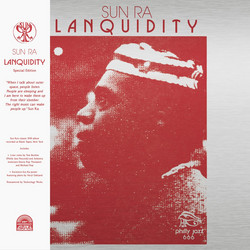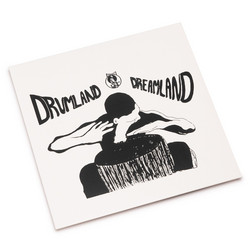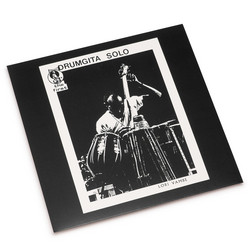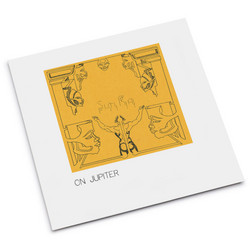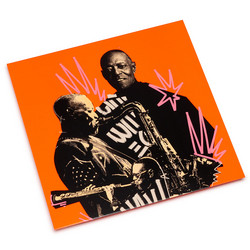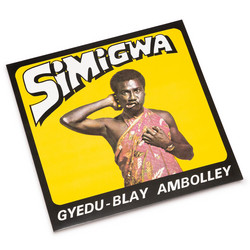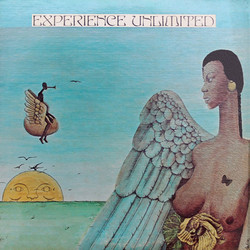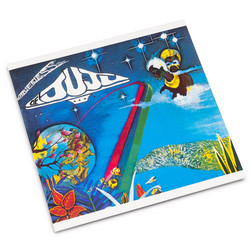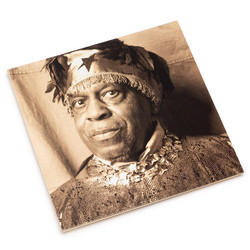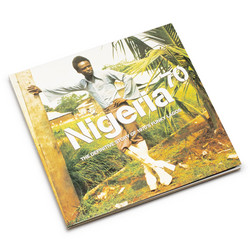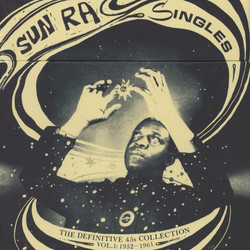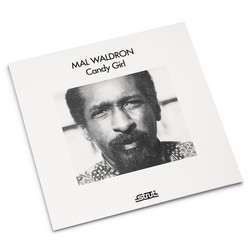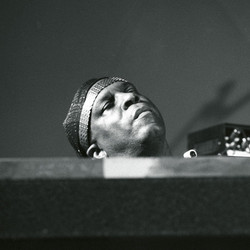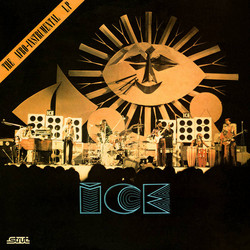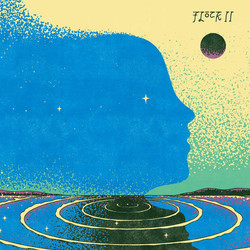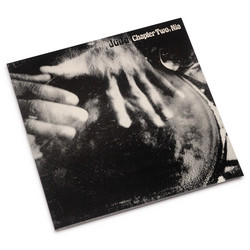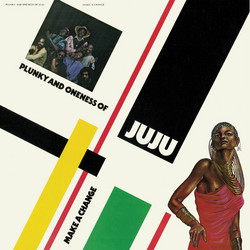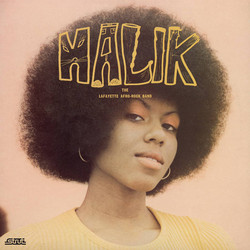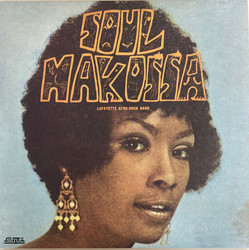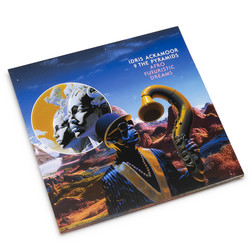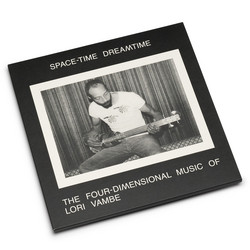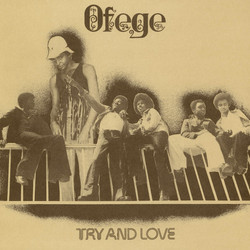With the reissue of Ajomasé, Gasper Lawal’s seminal 1980 work finds renewed resonance, inviting listeners into a sonic realm where West African ritual meets cosmopolitan innovation. This release on Strut Records restores a pivotal moment in the evolution of Afro-funk, presenting the full, remastered album with added context for contemporary audiences. Lawal, an artist who has played alongside giants from Funkadelic to Hugh Masekela, anchors each composition in percussive dialogue, fusing Yoruba polyrhythms with electric bass and synth flourishes, creating exuberant, danceable soundscapes. From the opening charge of “Jeka José” to the title track’s surging groove and the mystical undertow of “Oro-Moro,” the album’s seven pieces showcase Lawal as both composer and bandleader, his percussionistry threading through horn blasts, keyboard runs, and vocal chants. While tracks such as “Kita-Kita” and “Awon-Ojise-Oluwa” carry the echoes of ancestral calls, the arrangements never shy from experiment, drawing in jazz inflections, funk ornamentation, and touches of psychedelic production. The result is music that feels ancient but undeniably modern, attentive to tradition yet persistent in its forward momentum.
Lawal’s approach exemplifies the possibilities of cross-cultural exploration: his band, featuring instrumentalists from the Nigerian and UK jazz scenes, moves nimbly between modes, crafting performances dense with rhythmic complexity and melodic interplay. Notable is the physical presence throughout—drums, congas, and shekeres punch through the mix, granting every passage a tangibility that’s both communal and personal. As a product of its time, Ajomasécaptures the optimism and invention of postcolonial African music engaging the global stage, yet avoids the commercial gloss that sometimes dampened the spirit of similar recordings. The Strut Records edition brings new clarity and warmth to the original master, allowing Lawal’s polyrhythms and group dynamics to breathe anew. With its timely reappearance, Ajomasé stands as testimony to the enduring vitality of Afro-funk, a record that celebrates heritage without succumbing to museum-piece nostalgia. In a present where genre boundaries dissolve and rhythmic language becomes ever more universal, Lawal’s album feels as urgent and generous as ever, reaffirming his place as one of the overlooked architects of modern African sound.
